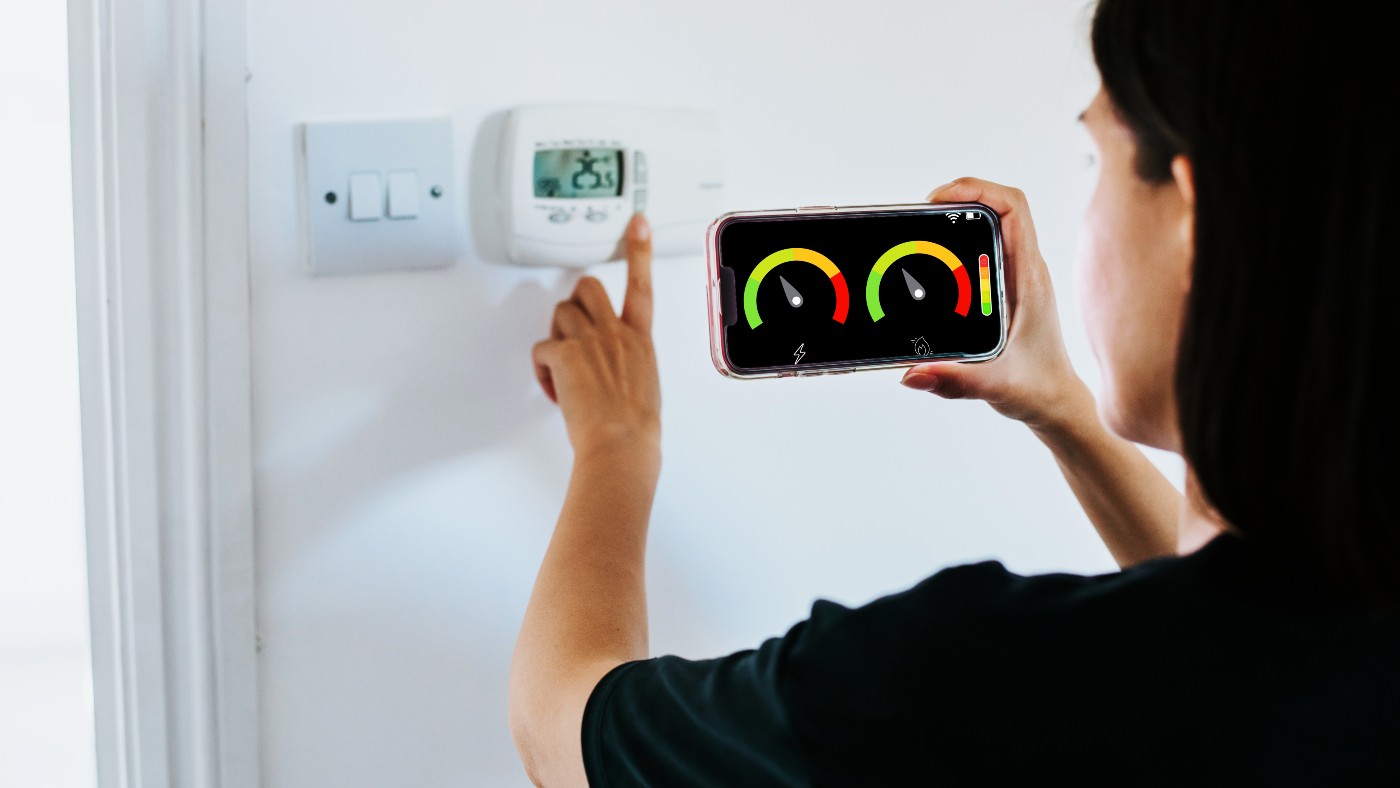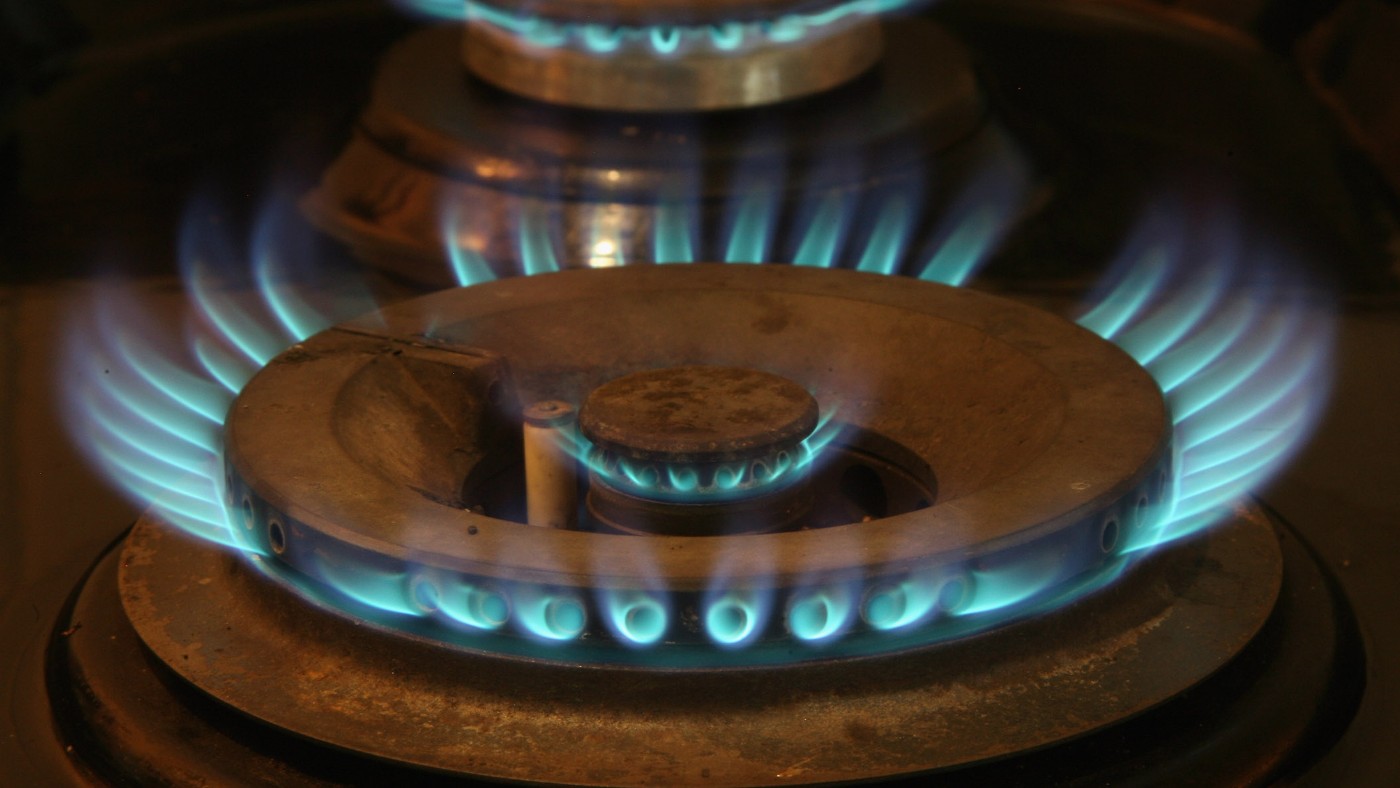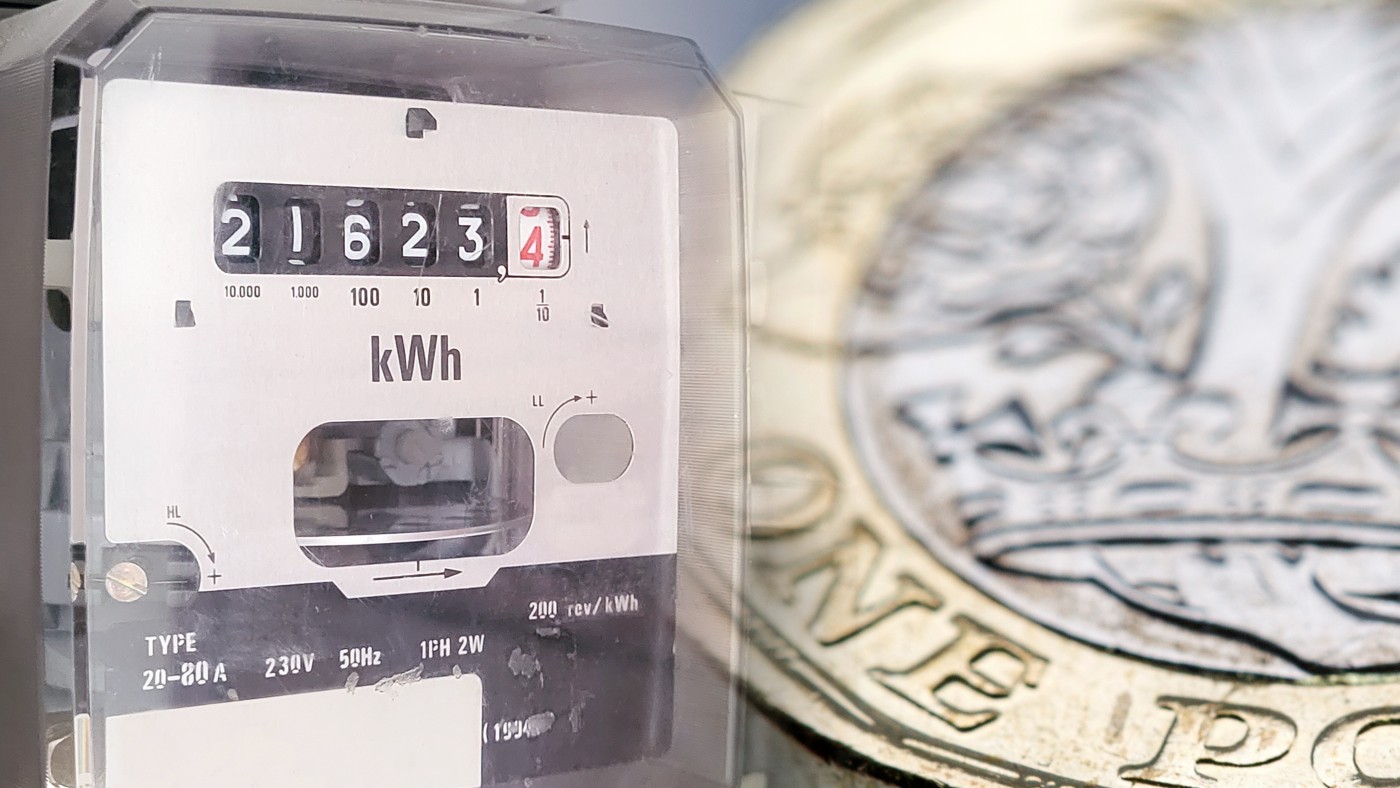How to reduce your energy bills by tackling 'vampire' devices
Leaving appliances on standby could be adding to your energy bills

A free daily email with the biggest news stories of the day – and the best features from TheWeek.com
You are now subscribed
Your newsletter sign-up was successful
Households have faced record-high energy bills over the past year but some of the costs could be cut by turning off 'power-sucking' devices.
Using the standby button is a "convenient function", explained Confused.com, but it still means appliances are draining power. This is a "vampire device in action", added the comparison website, and could increase your energy bill.
UK households spend £60 a year powering appliances left on standby, said the Energy Saving Trust.
The Week
Escape your echo chamber. Get the facts behind the news, plus analysis from multiple perspectives.

Sign up for The Week's Free Newsletters
From our morning news briefing to a weekly Good News Newsletter, get the best of The Week delivered directly to your inbox.
From our morning news briefing to a weekly Good News Newsletter, get the best of The Week delivered directly to your inbox.
The energy price cap may be falling, pushing average household bills down to £1,923 from October, but you could also cut your energy costs by making sure your devices are fully turned off.
Here is how some of the biggest energy-sucking devices could be pushing up your energy bills.
What you eat and drink
Most people like a cup of tea, but a kettle can be the "Dracula of the energy vampire world", said Confused.com, with the accumulative cost of several hot drinks at £4.79 per day.
While reducing how much tea you drink may not be an option, making sure you boil only the water you need can ensure you do not pay for unnecessary energy.
A free daily email with the biggest news stories of the day – and the best features from TheWeek.com
Additionally, when cooking food on the go, using a microwave instead of an oven can save you "as much as £80 per year", said The Times Money Mentor, as "most of the energy it creates is used to cook food".
Your viewing habits
Leaving a set-top box and TV on standby can cost approximately £24 each per year, according to Centrica.
It may be worth plugging all your electronics into an extension lead and switching that off at night or by using smart plugs controlled from your phone, the energy supplier said, which "saves you the effort of turning them all off individually".
Monitor your workspace
Computer monitors and printers are among "most energy-sucking appliances", Ian Palmer-Smith, appliance expert at Domestic & General, told the Daily Mirror.
Even in "sleep or standby modes", these devices use energy for updates, connecting to remote servers and recording data.
Monitoring a workspace can help people to cut down on unnecessary spending.
Limit your laundry days
How you wash your clothes can have an impact on your energy bills,
The average washing machine uses £4.00 worth of electricity per day, according to Confused.com.
They may be "essential appliances" that are hard to unplug, but you could save energy by washing only full loads and dropping to a lower 30-degree temperature.
Running a tumble dryer can also "push up" your energy costs, said GoodtoKnow. If you want to dry items after a wash, an average 8kg tumble dryer would cost between £81 and £175.50 per year to run as of July 2023, the website said.
Does turning off standby really work?
Every little helps when "grappling" with high energy bills, said Which?, but its own tests suggest some of the savings are a "far cry from reports claiming you could save £15 a year by turning off your TV alone". Instead, choosing energy-efficient appliances is "one of the best solutions to combat rising bills".
However, these may cost a "little more", said Confused.com.
You can see how much power an appliance uses and its energy-efficiency rating on its labels, added the comparison website, while installing a smart meter can help monitor your usage and see the difference.
Under EU law, TVs and other devices made since 2013 can't use more than 0.5 watts in standby mode. A TV left on standby for 20 hours a day would cost about £1 a year, said MoneySavingExpert.
So while fully switching off devices "is a good idea", the savings on more modern appliances are "fairly low".
Marc Shoffman is an NCTJ-qualified award-winning freelance journalist, specialising in business, property and personal finance. He has a BA in multimedia journalism from Bournemouth University and a master’s in financial journalism from City University, London. His career began at FT Business trade publication Financial Adviser, during the 2008 banking crash. In 2013, he moved to MailOnline’s personal finance section This is Money, where he covered topics ranging from mortgages and pensions to investments and even a bit of Bitcoin. Since going freelance in 2016, his work has appeared in MoneyWeek, The Times, The Mail on Sunday and on the i news site.
-
 Political cartoons for February 8
Political cartoons for February 8Cartoons Sunday’s political cartoons include going down the drain, American history, and more
-
 Touring the vineyards of southern Bolivia
Touring the vineyards of southern BoliviaThe Week Recommends Strongly reminiscent of Andalusia, these vineyards cut deep into the country’s southwest
-
 American empire: a history of US imperial expansion
American empire: a history of US imperial expansionDonald Trump’s 21st century take on the Monroe Doctrine harks back to an earlier era of US interference in Latin America
-
 Clean energy tax credits are going away. Here's how to get them before it's too late.
Clean energy tax credits are going away. Here's how to get them before it's too late.The Explainer Trump's recently passed megabill promises the early demise of clean energy tax credits
-
 Energy prices set to rise in October – how to reduce your gas and electricity bill
Energy prices set to rise in October – how to reduce your gas and electricity billThe Explainer With the price cap expected to rise before this winter, what is the best way to prepare, and lower costs?
-
 What is a home energy audit and when is it worth getting one?
What is a home energy audit and when is it worth getting one?The Explainer This evaluation of your home's efficiency can pinpoint where exactly it's wasting energy
-
 Should the Ofgem energy price cap be scrapped?
Should the Ofgem energy price cap be scrapped?Today's Big Question Poorer households may end up paying more this winter despite cap being lowered from October
-
 Cost of living: will fall in energy price cap make a difference?
Cost of living: will fall in energy price cap make a difference?In Depth Limit on what providers can charge falls but consumers are warned they will see ‘little relief’
-
 What is the cheapest way to cook?
What is the cheapest way to cook?feature Air fryers, microwaves and slow cookers can all save you money over conventional ovens
-
 Gas is now cheaper in the U.S. than it was a year ago, for better or worse
Gas is now cheaper in the U.S. than it was a year ago, for better or worseSpeed Read
-
 Is it cheaper to work from home or at the office?
Is it cheaper to work from home or at the office?Talking Point Commuting costs may wipe out savings made from lower domestic energy bills